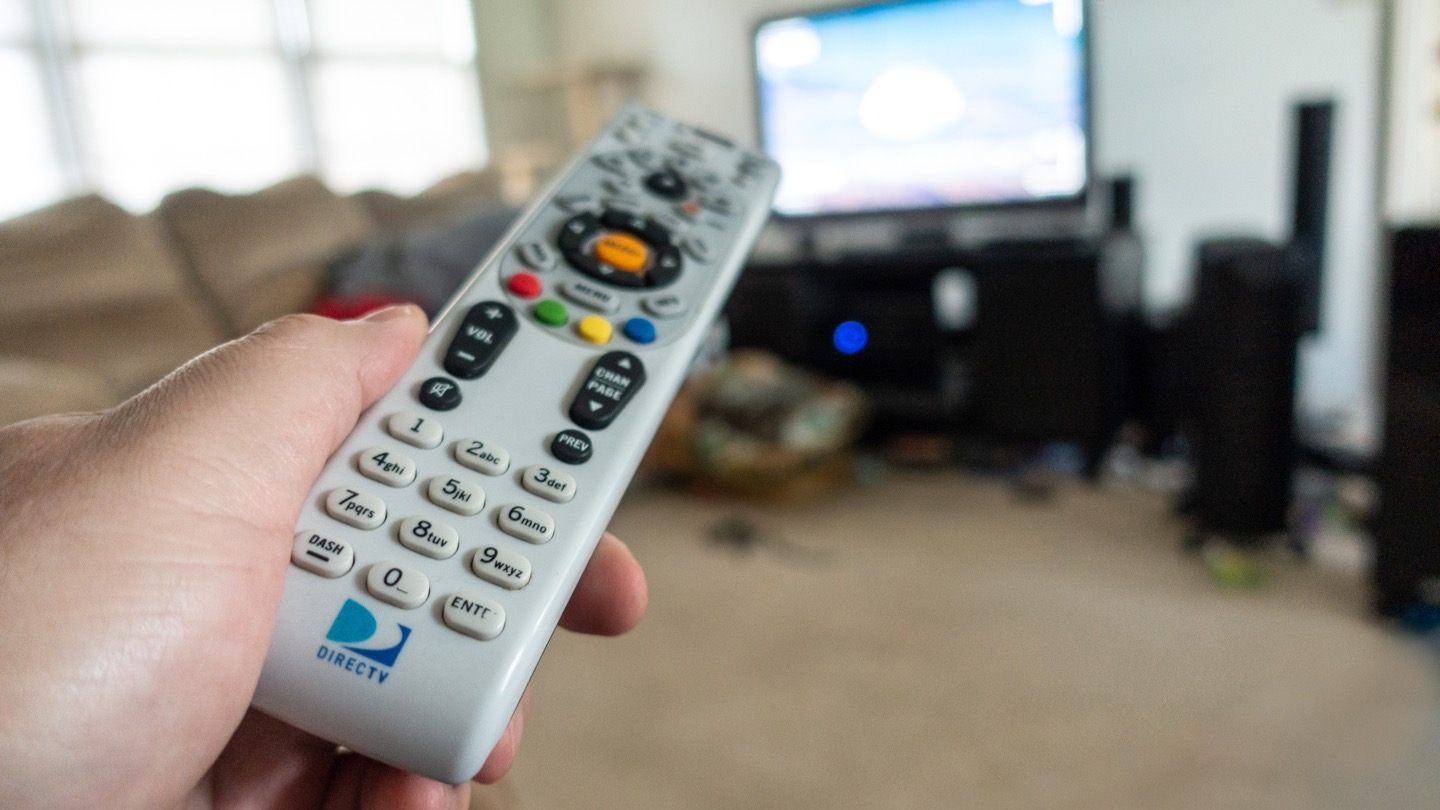DirecTV Spinoff Gets FCC Approval
OKs separation of AT&T’s traditional video distribution business

The smarter way to stay on top of the multichannel video marketplace. Sign up below.
You are now subscribed
Your newsletter sign-up was successful
The Federal Communications Commission has approved AT&T's spinoff of its traditional video distribution business as it moves toward streaming (HBO Max) as its video play of choice, citing the parties‘ undisputed claim that the New DirecTV company that will result would be stronger because it could focus on traditional video.
The FCC will not require the New DirecTV to deliver local TV station signals to the 12 smallest markets, as the broadcast affiliate associations had asked. It also declined to apply any program carriage conditions on the deal.
Also Read: AT&T to Sell $6.2 Billion of Debt to Finance DirecTV Spinoff
Also on Friday, AT&T revealed to the SEC that its soon-to-be-spun-off linear pay TV assets collectively lost 473,000 customers in the second quarter, which actually constituted a reduction in churn for the group of services led by DirecTV.
AT&T reports its second-quarter earnings on Thursday.
Back in February, AT&T struck a deal with investment management firm TPG to spin off its pay TV business into a new company, with AT&T retaining 70% of the New DirecTV. But to do so the FCC had to approve the transfer of the DirecTV satellite licenses.
TPG had owned Astound Broadband, but sold it last month. It will have a 30% interest in New DirecTV, with AT&T and TPG each getting a board seat, with two independent non-voting members named by each and a ninth seat to be filled by the CEO.
The smarter way to stay on top of the multichannel video marketplace. Sign up below.
Also Read: Satellite TV: Five Years, That’s All You’ve Got
Citing the sale of Astound, the FCC said: “TPG no longer owns any significant interests in video programming or distribution assets and so the proposed transaction does not increase concentration or reduce competition in any market nor raise vertical concerns.”
As to denying to make local-into-local service as a condition of the license transfer, the FCC said that the affiliates “have not offered evidence or established a credible theory by which the competitive pressures DirecTV faces to imitate or differentiate itself from other MVPDs in those markets would change as a result of this transaction.”
DirecTV is under no obligation to deliver local TV station signals in any market, but if it chooses to deliver any such signal in a market it must carry all the TV station signals in that market. DirecTV does not choose to deliver the signals in those smallest markets.
Contributing editor John Eggerton has been an editor and/or writer on media regulation, legislation and policy for over four decades, including covering the FCC, FTC, Congress, the major media trade associations, and the federal courts. In addition to Multichannel News and Broadcasting + Cable, his work has appeared in Radio World, TV Technology, TV Fax, This Week in Consumer Electronics, Variety and the Encyclopedia Britannica.

